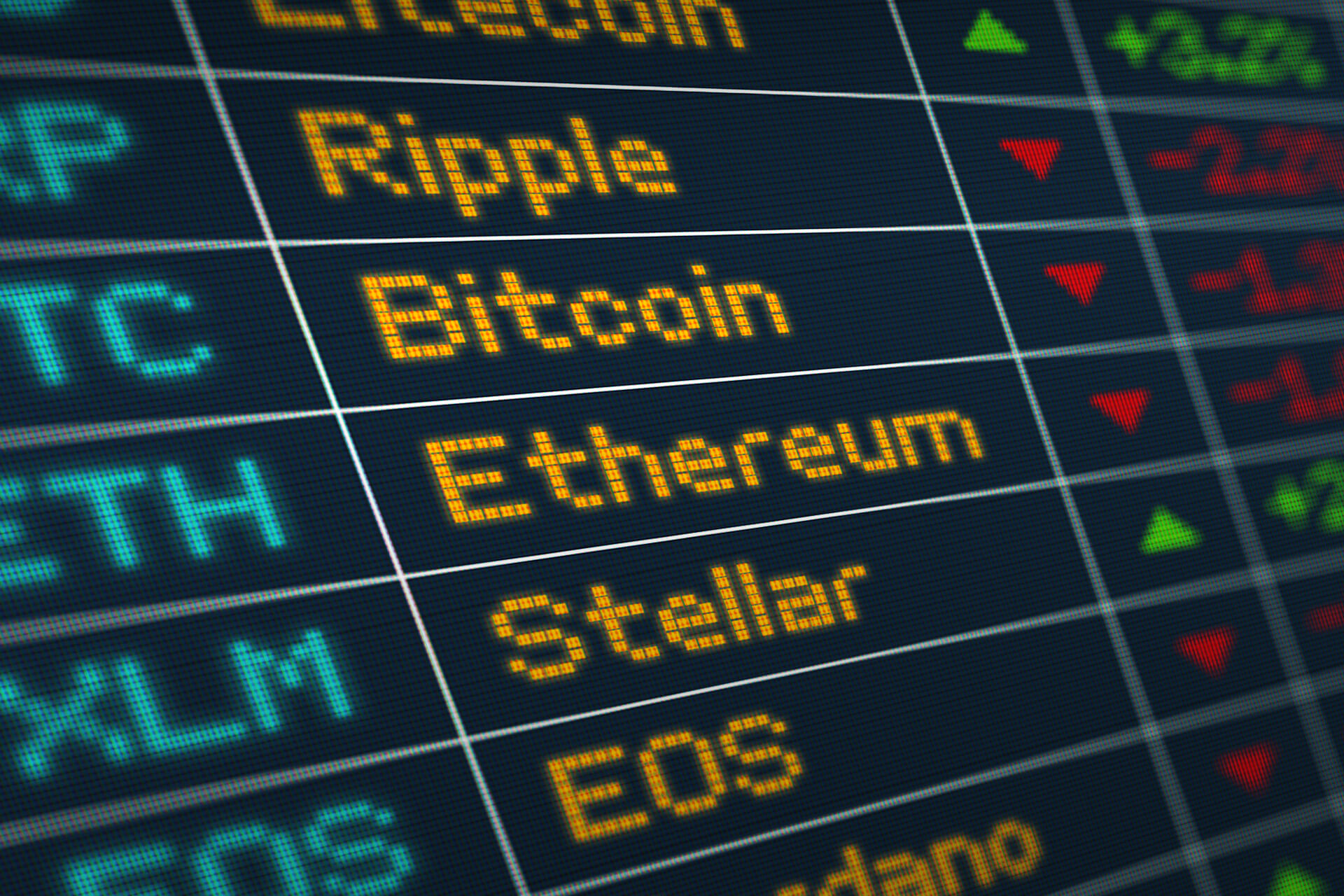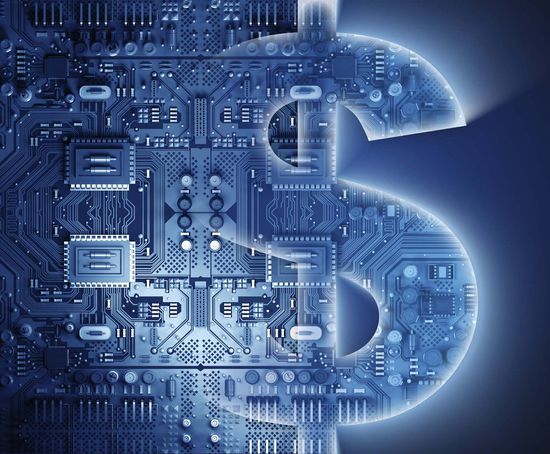The world of investing is constantly evolving, with new opportunities emerging as technology advances. One such opportunity that has been gaining traction in recent years is the digital dollar. As central banks and governments around the world explore the concept of a digital currency, investors are starting to take notice.
In this article, we will delve into what exactly a digital dollar is, its advantages and disadvantages, and how you can invest in this exciting market.
What is a Digital Dollar?
A digital dollar is an electronic currency issued by a central bank or government. Unlike physical cash, it exists solely in digital form and can be stored on devices like phones or computers. Transactions made with a digital dollar are fast, efficient, and recorded on a secure blockchain ledger.
Users need a digital wallet provided by their financial institution to access and use their digital dollars. While it offers benefits like cost reduction and financial inclusion, concerns about privacy and surveillance also arise. The concept of a digital dollar continues to shape the future of finance in our increasingly digitized world.
Advantages of a Digital Dollar
The digital dollar offers several advantages that can transform our financial systems. Three key benefits are:
A digital dollar provides financial services to the unbanked and underbanked, bypassing traditional banking barriers. With just an internet connection and a smartphone, anyone can participate in the economy.
Digital dollars offer better security than physical cash. Blockchain technology ensures secure and transparent transactions, reducing fraud and enabling easy tracking of illicit activities.
Using a digital dollar automates transactions, eliminating manual processing and paperwork. This saves time and resources for individuals and businesses alike, streamlining the financial system.
Disadvantages of a Digital Dollar
The implementation of a digital dollar raises concerns about regulatory issues and market stability. Central banks must carefully regulate the supply to prevent inflation or deflation. Holding digital assets comes with security risks, such as hacking or phishing attacks.
The shift towards digital currencies may disrupt traditional banking systems and destabilize economies. Education programs are needed to ensure individuals understand how to safely use and store digital assets. Policymakers should establish robust regulatory frameworks to address money laundering, fraud prevention, and consumer protection.
Collaboration among regulators, financial institutions, and technology experts is crucial for mitigating potential risks. While the concept of a digital dollar offers efficiency and accessibility benefits, it requires careful consideration of these drawbacks during implementation.
Launching the US Digital Dollar
The concept of a digital dollar is not limited to the United States alone. Governments and central banks worldwide are exploring its potential benefits. China has made significant progress in developing its own digital currency, while Sweden is considering launching theirs soon.
The COVID-19 pandemic has accelerated the shift towards digital payments, prompting the US government to actively explore the potential of a digital currency. Experts believe it is only a matter of time before a US digital dollar becomes a reality.
A digital dollar could provide greater convenience and accessibility for individuals and businesses, enabling seamless online transactions and facilitating cross-border payments. It could also enhance financial inclusion by providing banking services to underserved populations.
Privacy concerns and cybersecurity measures must be carefully addressed during implementation. Collaboration between regulators, financial institutions, and technology companies will be crucial for widespread adoption and success.
Investment Opportunities in the Digital Dollar Market
As the digital dollar market grows, certain companies are likely to thrive. FinTech startups and innovative financial services providers that can adapt to this new landscape have the potential for significant growth.
Additionally, companies developing blockchain-based solutions, such as secure digital wallets or payment platforms, are well-positioned to capitalize on the rise of digital currencies.
Investing in digital dollar stocks requires careful consideration and research. Diversification and risk management should be top priorities for investors looking to enter this emerging market. Researching promising companies and industries within the digital currency space is essential to identify potential investment opportunities.
Case Studies: Successful Digital Dollar Investments
Tesla’s investment in Bitcoin and Square’s Cash App are notable examples of companies benefiting from the rise of digital currency. Tesla’s allocation of its treasury reserve to Bitcoin not only boosted its balance sheet but also signaled mainstream acceptance of cryptocurrencies.
Square’s Cash App has experienced significant growth, reflecting the increasing popularity of digital payments. These case studies demonstrate how investments in digital currency can yield substantial returns and provide companies with opportunities to diversify their portfolios and tap into new revenue streams.
The Future Outlook for the Digital Dollar Market
The future of the digital dollar market looks promising, with experts predicting substantial global growth and adoption. As governments explore central bank-issued digital currencies, investors can expect increased interest and investment opportunities.
This rise in digital dollars could disrupt traditional stock exchanges and financial institutions by enabling direct trading and reducing the need for intermediaries. It also opens avenues for innovation within the financial industry, as fintech companies can develop platforms that integrate traditional financial instruments with digital dollars.
Recent developments, such as Tesla’s investment in Bitcoin, highlight the growing recognition of cryptocurrencies’ value. Overall, the digital dollar market holds significant potential for growth, disruption, and accessibility to investments.
Conclusion: Embracing the Digital Dollar Revolution
[lyte id=’SdIb9_I-kkA’]







